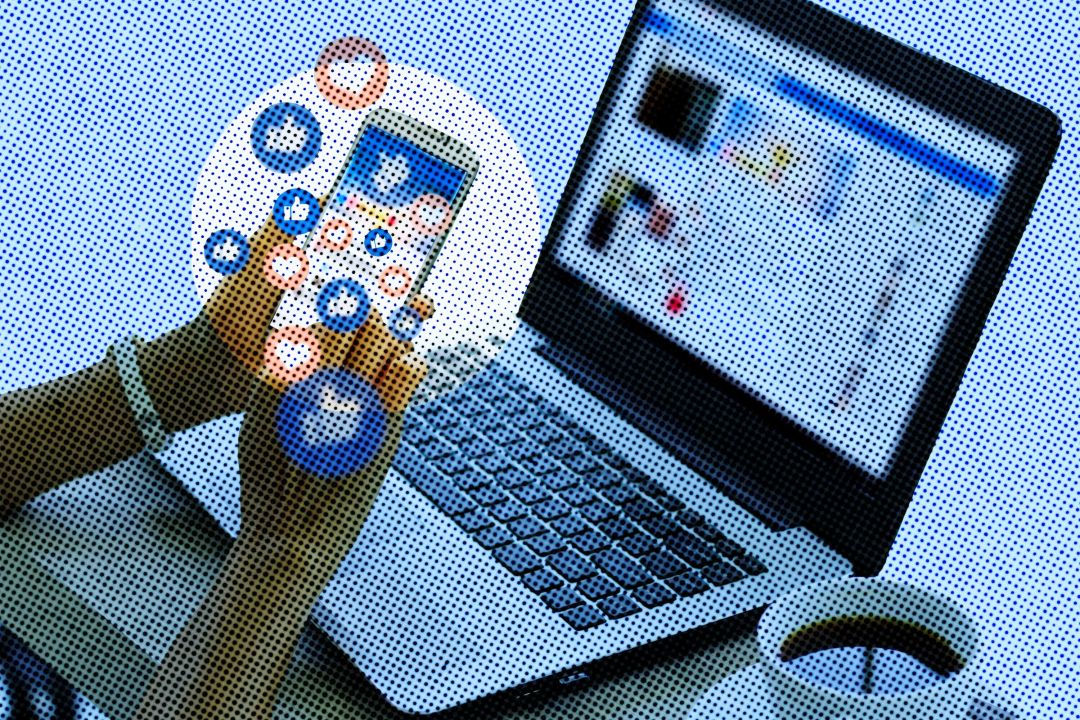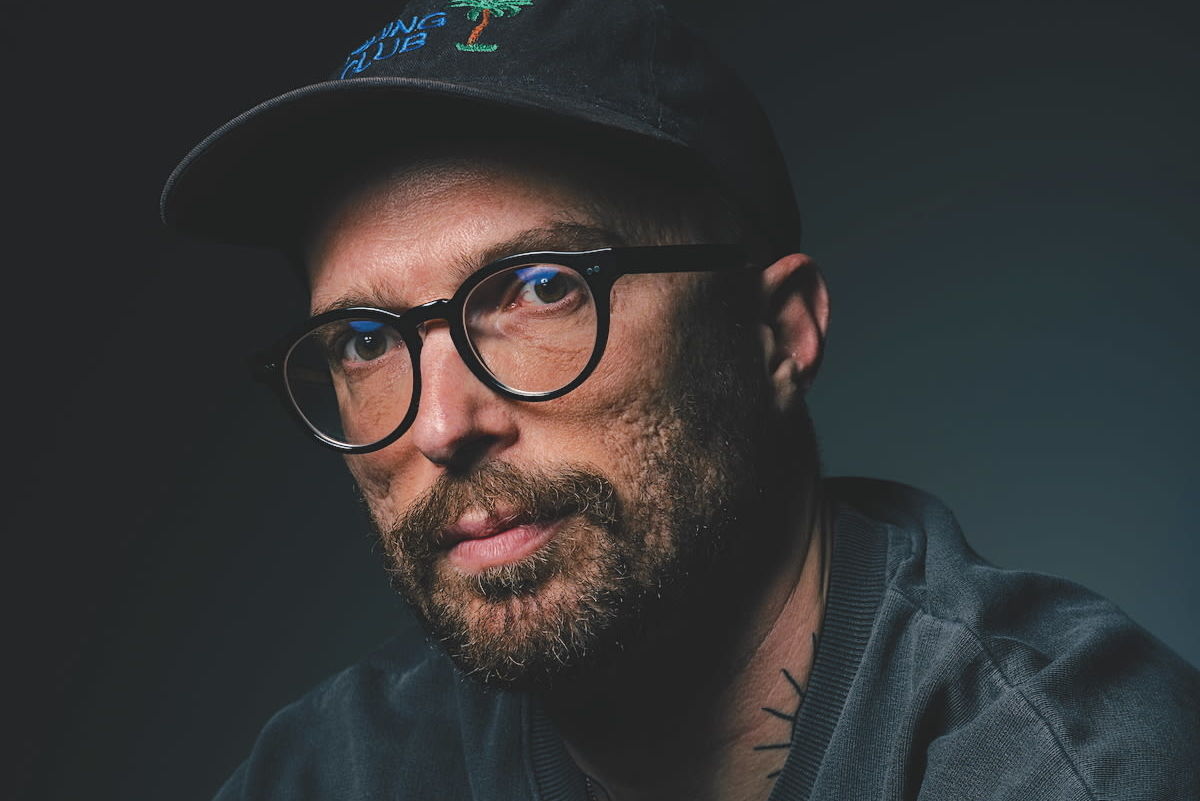Do You Need to Take a Break From Social Media?

Image: Kari Perrin
It's 6 a.m. and you've just woken up to the sound of your alarm. What's the first thing you do?
For many of us, the answer is start scrolling.
By now, it's second nature to check the notifications on our phone. Instagram, Twitter, TikTok and Facebook provide a barrage of news, photos and, of course, online arguments— all before you set foot on the ground.
Sounds like too much to bear? According to mental health experts, it is.
Our brains are not built for the amount of information social media throws at us. We're overstimulated, and we can become addicted to scrolling, likes and comments.
According to a survey by the National Library of Medicine, 4.5 percent of adolescents were found to be at risk for problematic social media use, which is associated with low self-esteem, poor life satisfaction and sleep disturbances.
And yes, social media addiction is real. Dopamine, the brain's feel-good hormone, is the reason social media is addictive. Every time you receive a notification, like or comment, a hit of dopamine is released from the brain throughout the body. It creates a "dopamine loop," a motivation, reward and reinforcement cycle where you're always seeking more. Facebook addiction, in particular, is associated with loneliness, social impairment and depression, anxiety and insomnia.
That's why psychologists are now recommending social media detoxes.
Different from just a break, a social media detox lasts 30 days. It involves removing all social media apps from your phone and even temporarily disabling your accounts, if possible. Experts say the conscious elimination of social media helps to clear the mind, reduce symptoms of depression and anxiety and leaves free time for other beneficial practices.
If a 30-day detox sounds daunting, there are ways to make the most of your digital retreat. Sarasota life coach Tammy Barnett shares some advice.
Use a clock (not your phone's!).
Setting a real alarm clock keeps you off your phone first thing in the morning.
Turn off notifications.
Even though you've deleted social media apps off your phone, you can still receive email notifications about what's happening on your Facebook page. Removing all sources of entry to social media is important. You don't need to know what's happening on social media 24/7.
Set time limits on your phone.
Apps like Screen Time and Digital Wellbeing help keep track of how long you're on your phone. Even when you delete your social media accounts, you might find yourself reading the news or checking updates through the Internet. These apps help keep that in check.
Replace scrolling with positive activities.
"Write or say three things that you are grateful for instead of scrolling," Barnett suggests. If you're still feeling the urge, she recommends taking a walk or journaling your thoughts surrounding social media.
"You may not realize how much you're struggling until you put your thoughts down on paper," she explains. "Self-reflection is something we all need more of."
Other great activities include meditation, yoga or reading a good book. If you need something to do with your hands, invest in a Rubik's cube, pop-it toys or a fidget spinner. Even clicking a pen could satisfy that thumb movement we use when we scroll.
Create morning and night routines.
Barnett says that creating a morning routine, where you're dressed, showered and ready for the day before checking your phone, is important. Night routines without your phone in the bedroom are also beneficial. Sticking to a routine will likely keep you from checking social media out of boredom.
"If you check social media on lunch breaks, talk with co-workers or friends over the phone instead," says Barnett. "Just make sure you have a plan."
Connect with friends in real life.
"Call a friend if you need help," Barnett says. Connect with friends in real life instead of commenting on their Facebook post. Send letters to those who live far away, or text and ask nearby friends to meet up.
Loneliness and isolation are closely associated with social media addiction. Making connections in real life can help you work through those feelings.
Change your perspective.
Barnett says to think of what a detox adds to your life rather than what it removes. "Now you have time add other things into your life that bring you joy," she says.



